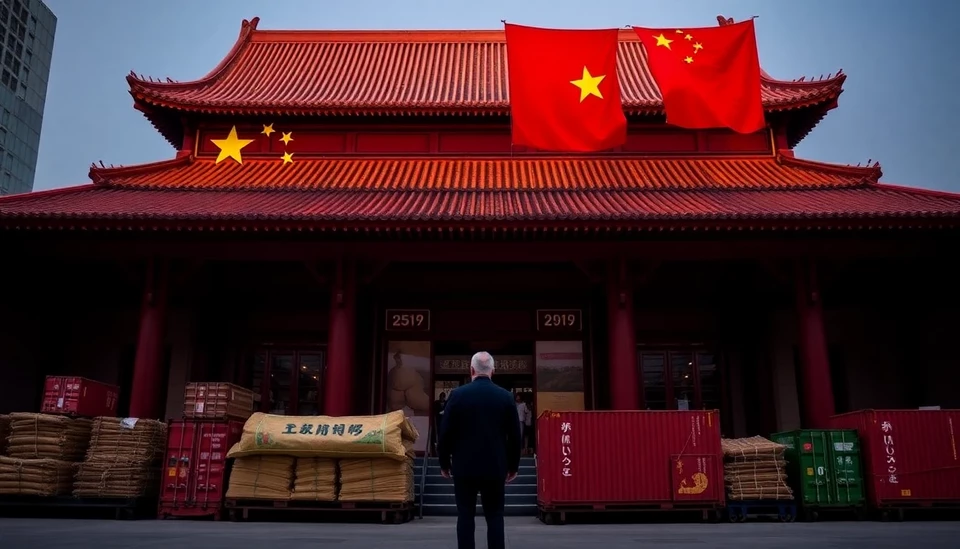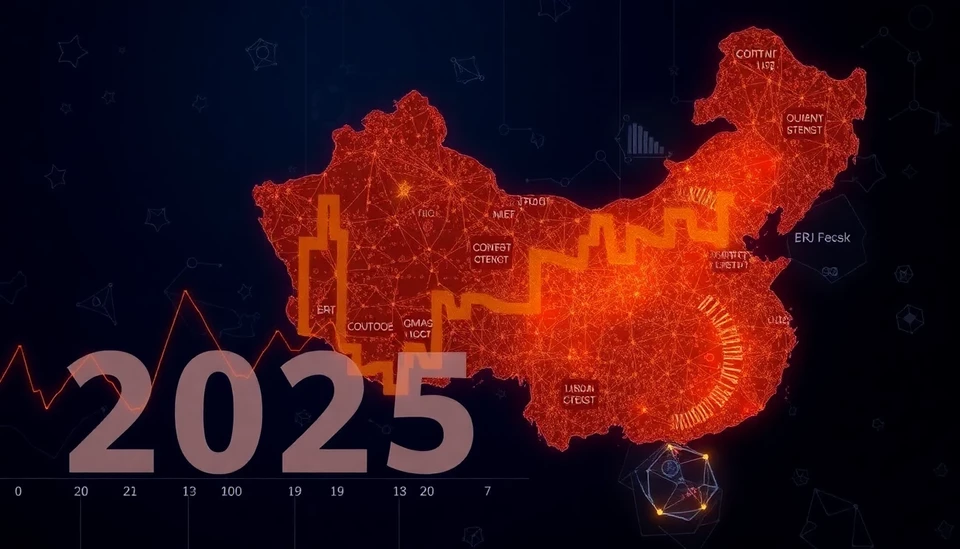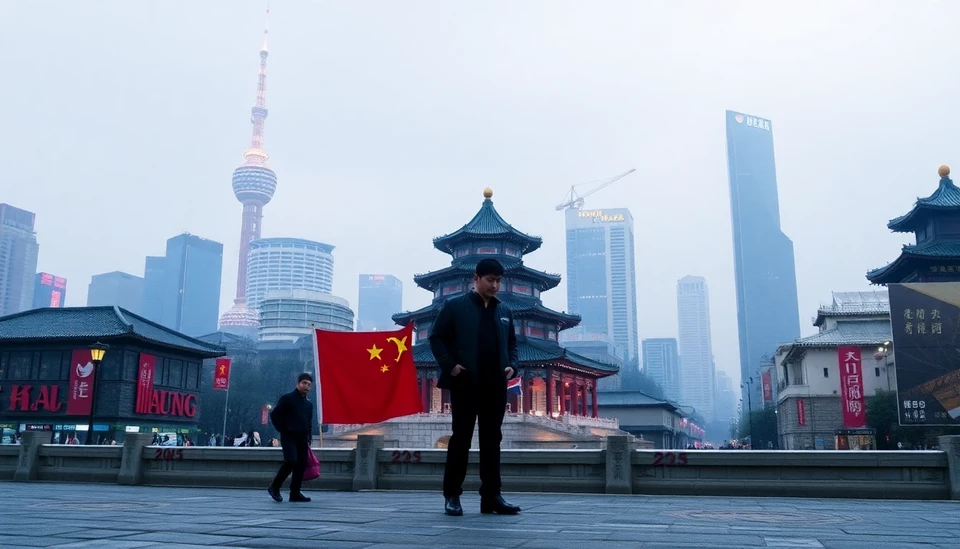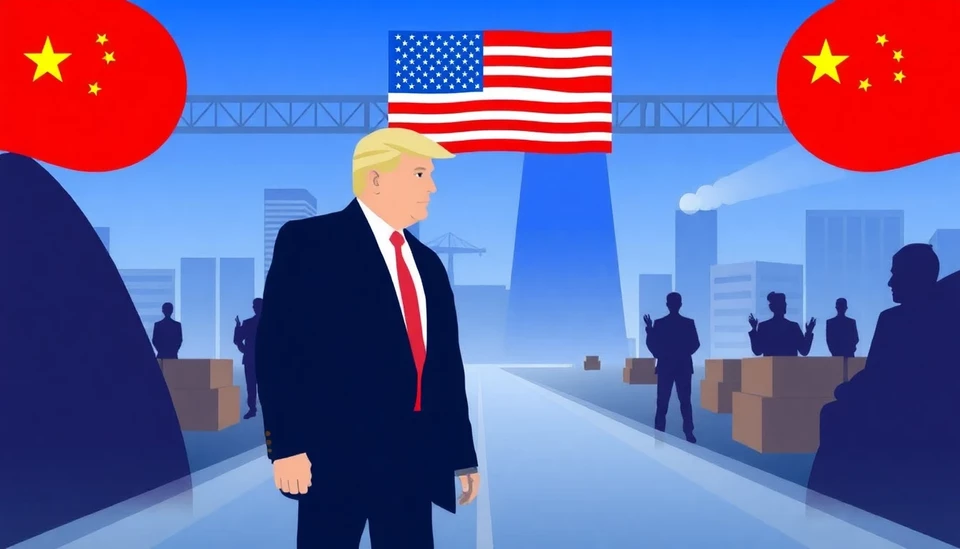
China is poised for a significant economic overhaul as it transitions from an investment-export driven economy to one primarily fueled by domestic consumption. The strategy aims to redefine what it means to be a global economic powerhouse by 2025. Analysts believe that this shift is essential to sustain growth amid a world increasingly cautious about unfettered reliance on exports.
The initiative is particularly critical as China faces challenges such as an aging population and rising debt levels. The government is focused on boosting consumer confidence and increasing household disposable income, which have historically been lower compared to savings rates. In this new vision, fostering a culture of consumption is not merely an economic principle; it is also a societal shift aimed at increasing residents' quality of life.
Major urban centers like Shanghai and Beijing are at the forefront of this transition, with local governments promoting innovative business models and boosting local industries to cater to changing consumer preferences. A key area of focus is the digital economy, with e-commerce and technology-driven platforms rapidly growing. The rise in online retail not only provides convenience but also widens the array of products and services available to consumers.
However, experts warn that stimulating consumption is a complex process fraught with uncertainties. Consumers must feel confident about their job security and future income in order to increase spending. Moreover, the government must ensure that wages grow in tandem with rising costs, creating an environment where consumption naturally flourishes without the burden of debt. Without tangible progress in these areas, the ambitious consumption-driven model may face significant obstacles.
As these developments unfold, attention is also directed at the ongoing global economic environment. China's efforts to pivot towards a consumer-focused economy come amid trade tensions and geopolitical complexities. By enhancing domestic consumption, China may also aim to reduce its vulnerability to external market fluctuations. This strategy reflects a long-term vision that could set the stage for more sustainable growth in the years to come.
The implications of this shift will be felt not just within China's borders, but globally. As the world's second-largest economy seeks to rely more on its domestic market, international businesses and investors will need to recalibrate their strategies to align with this new reality. The success of this transition could redefine global economic relationships and the dynamics of international trade.
In conclusion, China's pivot towards consumption by 2025 is not just an economic strategy but a fundamental transformation of its societal fabric. It aims to equip a new generation of consumers with the confidence and means to spend, fostering not only growth but also a modernized, consumer-oriented economy.
As China ventures into this new economic era, it will be crucial for stakeholders—both domestic and international—to monitor these developments closely, as they may well redefine the landscape of global commerce for years to come.
#ChinaEconomy #ConsumerShift #EconomicTransformation #DomesticConsumption #DigitalEconomy #2025Strategy #GlobalTrade #EconomicGrowth
Author: Rachel Greene




